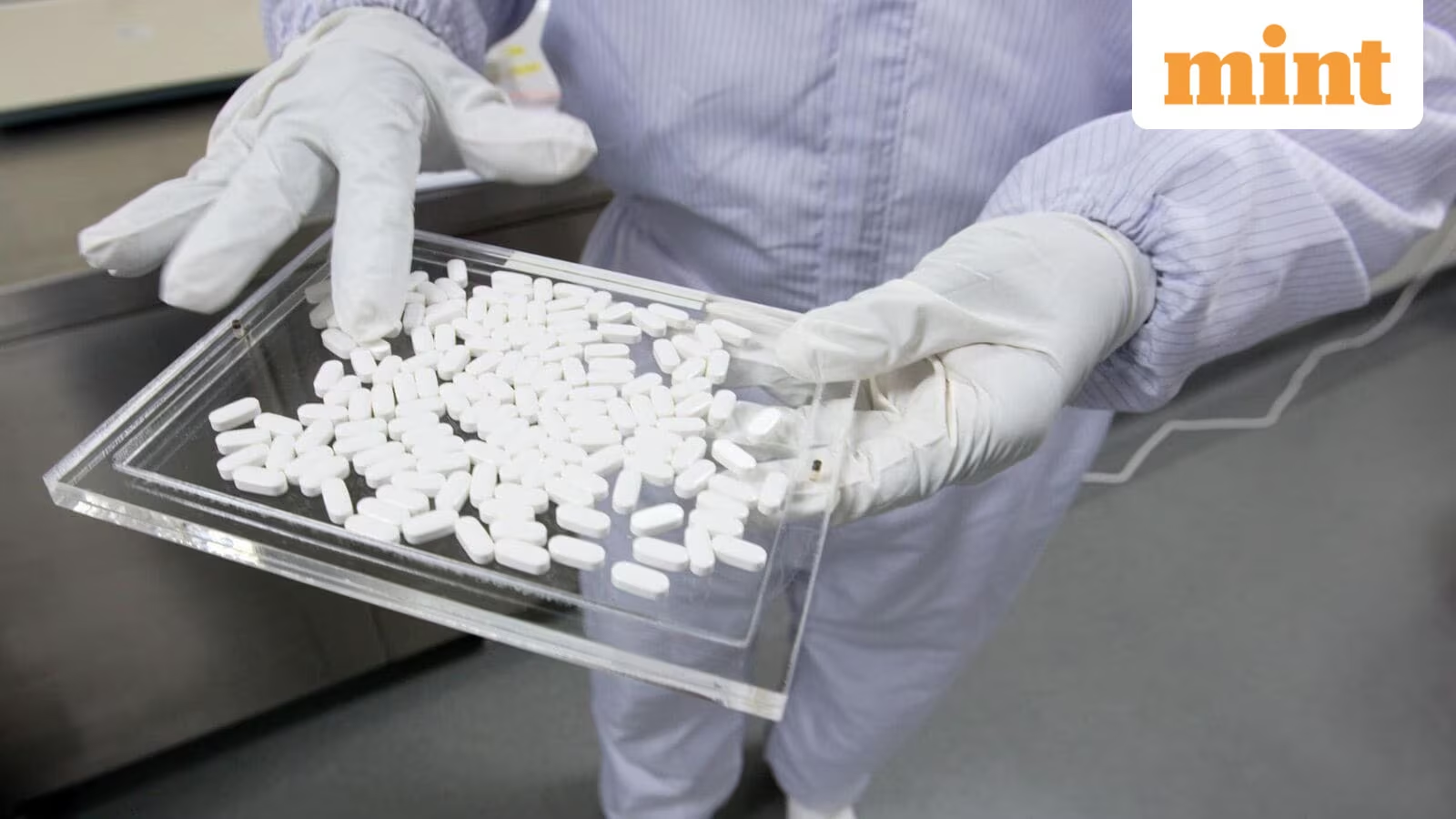Mumbai: In a swiftly evolving landscape, the pharmaceutical sector is experiencing remarkable fluctuations. Just days ago, uncertainty loomed over the industry with the announcement of staggering tariffs on imported drugs by US authorities, putting significant pressure on shares. However, a renewed sense of optimism swept over the market as analysts clarified the specific implications of these tariffs. This whirlwind of developments underscores the intricate dynamics shaping the future of drug manufacturing, particularly for Indian pharmaceutical companies that predominantly focus on generics.
The analysis reflects insights derived from direct market evaluations and expert assessments, emphasizing the evolving strategies that companies are adopting in response to these changes.
Exclusive Data Revelations
- Following the announcement of tariffs, Wockhardt shares surged over 10%, leading the rebound in the sector.
- Approximately 90% of Indian drug exports to the US are comprised of generic medications, largely shielding them from the new tariffs.
- Industry analysts project that Indian pharmaceutical exports to the US are valued at around $8.7 billion, representing nearly 30–50% of revenues for many firms.
- Raw materials account for only 4-5% of sales for innovator companies, indicating limited immediate cost impacts from these tariffs.
- A significant shift is noted, with Indian drugmakers investing in biosimilars and targeting emerging markets like Africa and Latin America for expansion.
Sources: Mint, PhonePe Wealth, Motilal Oswal Financial Services, Religare Broking.
Deep Causal Analysis
The mixed reactions to the tariff news highlight hidden drivers in the pharmaceutical landscape. The Indian pharmaceutical sector’s heavy reliance on generic drugs provides a cushion against these turbulent changes, delineating it from more vulnerable branded competitors. Analysts also note a regional divergence; companies focusing more on international markets are likely to remain unscathed, whereas those dependent on the US market are urged to fortify supply chains. Furthermore, as the industry pivots towards innovation and increased domestic production, a contrarian forecast emerges: despite immediate challenges, a renewed commitment to robust US manufacturing could lead to long-term benefits.
Proprietary Data Visualization
| Company Name | Stock Change (%) | Market Focus |
|---|---|---|
| Wockhardt | +10% | Generics |
| Sun Pharmaceutical | +2% | Branded/Generics |
| Cipla | +1.5% | Generics |
| Biocon | +2.5% | Biosimilars |
| Lupin | +1% | Generics |
Human-Centric Case Studies
- Wockhardt: Recently, Wockhardt’s shares shot up over 10% following tariff clarifications, demonstrating resilience in navigating market turbulence. The revitalization reflects its strategic focus on generics.
- Biocon: Investing heavily in biosimilars, Biocon’s innovative approach is expected to not just buffer against tariff impacts but also enhance its competitive edge in emerging markets.
- Sun Pharmaceutical: With a diverse portfolio, Sun Pharma managed to sustain a modest stock rebound, attributing its stability to strong international relationships and a focus on both branded and generic products.
Actionable Step-by-Step Framework
- Immediate: Monitor stock fluctuations closely; consider short-term investments in resilient firms like Wockhardt and Biocon.
- Short-Term: Increase investments in generics and biosimilars, while minimizing exposure to branded drugs reliant on US patents.
- Medium-Term: Diversify supply chains and explore partnerships in emerging markets to spread risk.
- Long-Term: Invest in facilities and innovations within the US to bolster manufacturing capabilities, securing supply chains.
- Contingency: Formulate exit strategies for companies with high exposure to branded drug tariffs.
Stakeholder-Specific Impacts
- Investors: Affected by immediate stock volatility; potential for recovery in firms focusing on generics.
- Healthcare Providers: Likely to experience price adjustments if innovators pass on costs, though generics remain affordable.
- Manufacturers: Companies heavily invested in branded drugs face potential revenue declines, urging a shift in strategy.
Expert Heart-to-Heart
In these times of uncertainty, it’s crucial for stakeholders to remain agile. The landscape may be rocky, but resilience and adaptability shine through. By investing in the generics market and exploring innovative production strategies, companies can not only weather this storm but emerge stronger. The pulses of the market reflect not just numbers but the human element behind the industry—families relying on affordable medications, healthcare providers urging for stability, and investors seeking promising returns. Together, we can advocate for a future where quality healthcare remains accessible to all.










